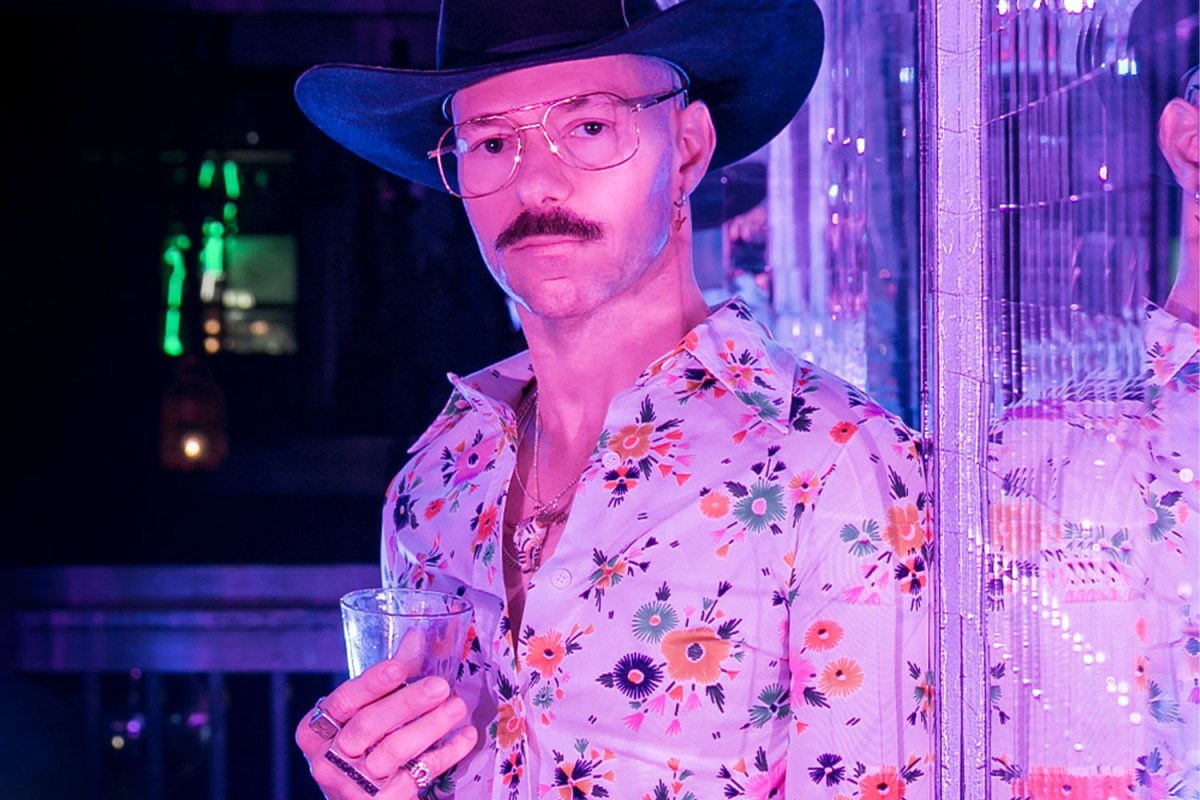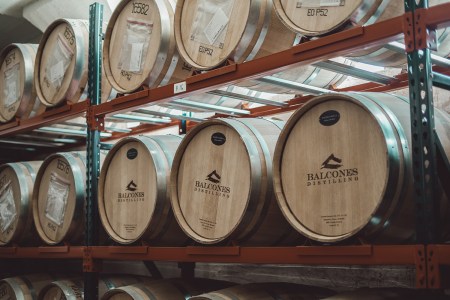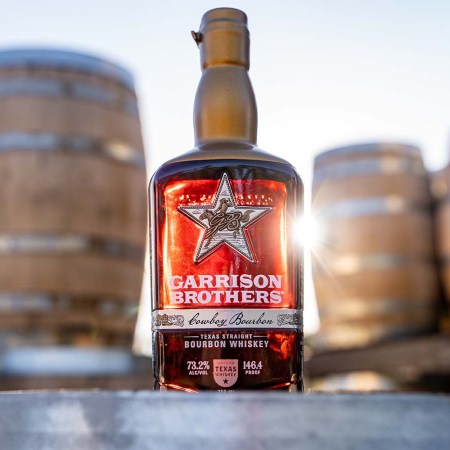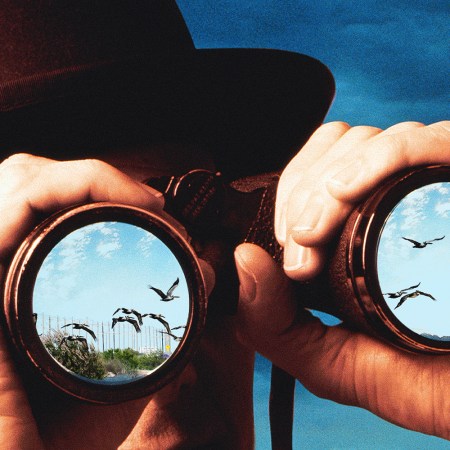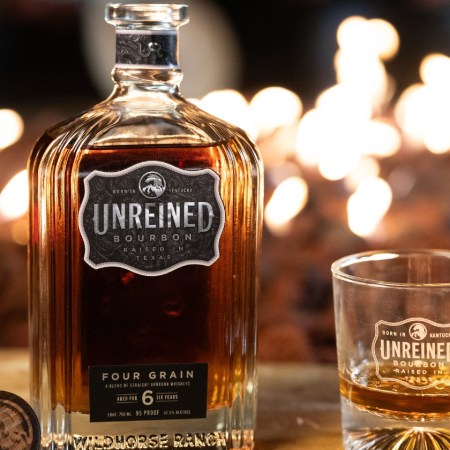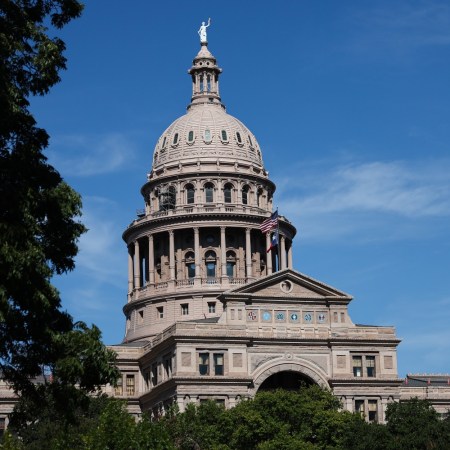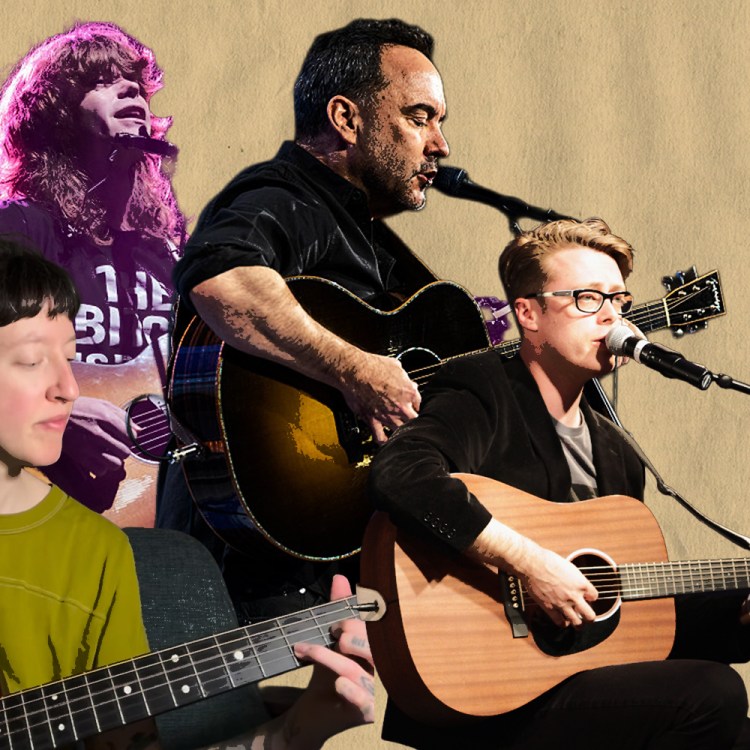Dave Wrangler, better known as Disko Cowboy, is a renowned DJ, music producer and the founder of Vinyl Ranch, his honky tonk-meets-Studio 54-themed parties. In the process, he’s established a singular niche for himself: the disco-loving urban cowboy.
The Austin-based DJ may have launched the Vinyl Ranch concept in 2007, but his forward-thinking vision of the brand extends beyond the confines of music and nightlife. “As I’m getting older, I don’t necessarily see myself on a stage DJing forever,” Wrangler says. “I don’t want to be the Keith Richards of dance music. When I think about Vinyl Ranch, a lot of the things I’m doing right now are like tasting the fruit of what I planted a decade ago. I’ve changed so much in the interim. I’m just trying to stay positive and move forward.”
Outside of performing at clubs around the globe and festivals like ACL and SXSW, Wrangler has produced events and collaborated with major brands such as Chanel, Microsoft and Wrangler (because, of course). His upcoming schedule is pleasingly eclectic: he’ll perform at new country music-focused festival Two Step Inn in Georgetown, Texas (outside of Austin) this weekend, with dates later in April at Desert 5 Spot in Los Angeles and then at Stagecoach, one of the country music world’s premier events.
Everything You Need to Know About Certified Texas Whiskey
Distillers want to promote truly local spirits while weeding out impostersWe hopped on a call with the multi-hyphenate to talk shop, starting with his roots in the 1990s Houston’s hip-hop and rave world.
InsideHook: You started listening to country music under the influence of your parents. Then, later in the ’90s, you were introduced to dance music and hip-hop. What do you feel is the synergy between these genres and their communities?
Dave Wrangler: I grew up in Texas in the ’90s, and everybody participated in all facets of culture — it seemed normal. The rave thing was educational. I would go into a room and see nu-metal kids who were into the fusion of rap and metal. Then you would see the rave kids who were just about rave music. Then you’d see the hip-hop kids and some country kids in cowboy hats, and everyone trying to braid themselves into whatever this live music and cultural event was. It was more of an underground thing. I always wanted to be in a room full of people who could inspire me somehow.
You can see those influences reflected in Vinyl Ranch, in which you’ve done a great job expanding beyond parties and into experiential events and merch. How do you feel it’s evolved over the years?
Vinyl Ranch kicked off as a one-off birthday party — a friend and a co-worker at the time had a funny idea to do a country DJ party. We thought about it in ’06 but did the party in ’07. It was a monthly vinyl DJ party in downtown Houston. There were a couple of different iterations of the lineup over the years. It died off, and I resurrected it a few times. Ultimately, it was a social experiment with country music in Houston.
At that time, young, hip kids didn’t care about country music. They were into indie rock and indie dance music. At the same time, I was DJing in nightclubs and playing all the remixes I had been making of indie dance and rap. I kept my DJ persona very much separate from Vinyl Ranch. There was very little crossover, if at all, until about 2015 when I decided to rebrand myself as Disko Cowboy – that way, I could marry Vinyl Ranch into what I was doing in the club scene.
Vinyl Ranch has evolved significantly. For starters, I no longer play country records because my hands are tied, and I felt like no one was putting out new ’70s, ’80s or ’90s country hits. I felt like I’d exhausted everything, and part of being a good DJ is playing to your room and keeping the party alive. At a certain point, it’s like how many Shania Twain, Willie Nelson or Dolly Parton hits could you cycle through in three hours to keep everyone engaged? So, I started to open the brand. It’s still heavily rooted in country music, but with the advent of Disko Cowboy, I could give myself a ton of creative freedom by bringing my persona in dance music into the country music space. These two have become synonymous, especially during the past couple of years. People go to these country festivals expecting to hear EDM remixes of country. I’ve embraced it.
What kind of impact do you hope to make outside of music?
I’m getting heavy into the consulting space right now. For instance, I’m consulting on new music festivals and festival experiences. I’m working in the fashion space through collaborations and resurrecting historic music brands that are coming back under new management. That’s something I feel like I’ve gotten a lot of attention for in this industry. I take vintage ideas and repurpose them, making them fresh and accessible. You can imagine how hard it is to make anything pop off these days unless you have millions of dollars in marketing budgets.
I’m always looking out for new opportunities. A lot is happening behind the scenes that I can’t talk about yet. I feel like you’ve heard this story from many artists on that growth arc where they’re trying to figure out what to prioritize – and that’s where I’m at. It’s a good problem to have.
That’s a wonderful problem to have! You’re open to opportunities, and it adds another feather to your cap.
That’s the foundation of everything I do: openness. If I need to change my live set, I’m happy to do so. If the merch needs to change, I’m happy to do that. If someone asks me to go on tour and I need to check out for six months, I’m happy to do that. Like anyone who works in the arts, you’re making a living doing what you love. So, how can you wake up not assuming anything but joy day after day?
This interview has been edited for length and clarity.
This article appeared in an InsideHook newsletter. Sign up for free to get more on travel, wellness, style, drinking, and culture.
